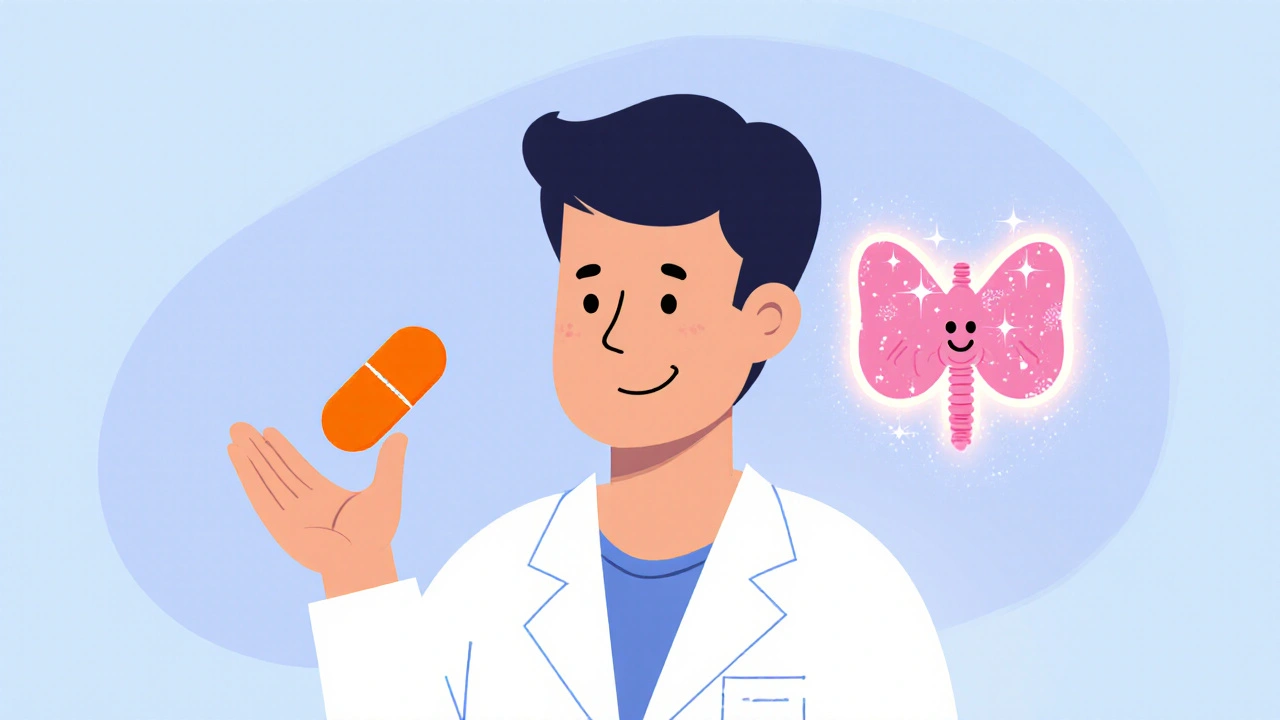Discover how canagliflozin may affect thyroid function, who’s at risk, monitoring tips, and what to do if hormone levels change.
Read more
When you hear SGLT2 inhibitor, a type of oral diabetes medication that blocks glucose reabsorption in the kidneys. Also known as gliflozin drugs, it helps your body get rid of extra sugar not by forcing the pancreas to make more insulin, but by letting your kidneys flush it out in urine. This isn’t just another pill for blood sugar—it’s a shift in how we treat type 2 diabetes. Instead of chasing insulin, it works with your body’s natural cleanup system.
Three main names come up again and again: empagliflozin, a leading SGLT2 inhibitor proven to reduce heart failure risk in diabetics, dapagliflozin, used not just for diabetes but also for heart and kidney protection, and canagliflozin, one of the first in its class, known for weight loss side effects. These aren’t just brand names—they’re tools that change outcomes. Studies show people on SGLT2 inhibitors lose weight, lower blood pressure, and cut their risk of heart-related hospital stays. Even better, they don’t cause low blood sugar the way older drugs often do.
What makes SGLT2 inhibitors different? They don’t depend on your pancreas working right. That’s huge for people whose bodies have worn out their insulin response. They also work well with metformin, the old standard, and even with insulin if needed. You might hear about side effects like yeast infections or frequent urination—those are real, but they’re often mild and manageable. The bigger win? These drugs protect your heart and kidneys, two organs that take the hardest hits from long-term diabetes.
You won’t find SGLT2 inhibitors listed as miracle cures, but you will find them in real-world stories—people who dropped 10 pounds without trying, others who avoided heart trouble after years on other meds, and patients who finally got their A1C down without constant finger pricks. The posts below dig into how these drugs compare to others, what to watch for, how to save on them, and what your doctor might not tell you about side effects and long-term use. Whether you’re on one now or just learning about them, this collection gives you the straight talk you need.

Discover how canagliflozin may affect thyroid function, who’s at risk, monitoring tips, and what to do if hormone levels change.
Read more